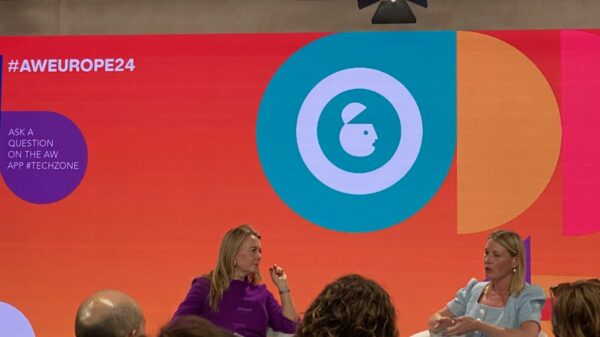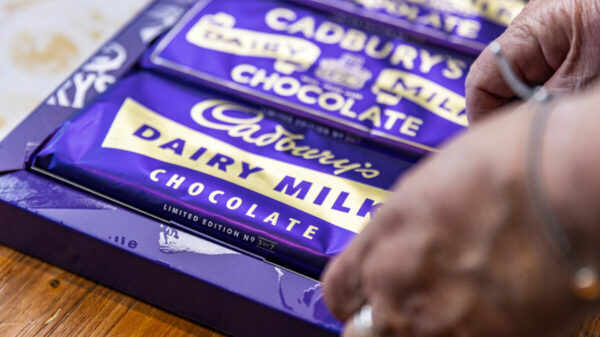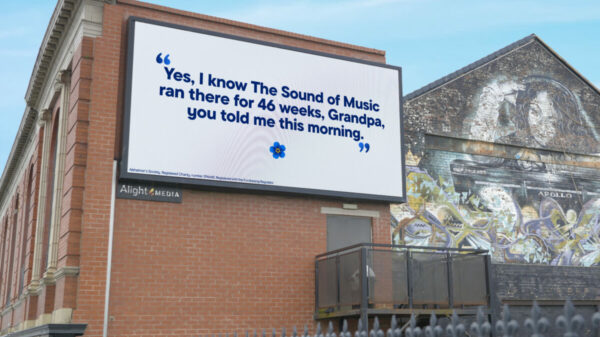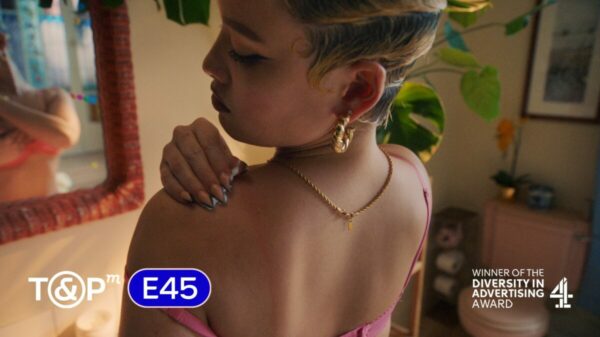The ASA has rejected over 100 complaints which were made against Dove’s ‘Cost of Beauty’ ad earklier this year as Unilever defended its ‘Self-Esteem’ body image campaign.
In total, 137 complaints were made against the campaign, which consisted of two TV ads and two video on demand (VOD) ads promoting Unilever’s health and beauty brand, Dove and its Self-Esteem project which looks to address the current rise in youth mental health issues linked to social media.
Airing throughout June and July 2023, the Dove ads were all different versions of a film which opened with text stating “Sensitive Content. The following film features real stories about body appearance that may be upsetting to some viewers”.
Created by Ogilvy, the full three-minute spot – titled the ‘Cost of Beauty’ – tells the real-life story of Mary, a young woman who developed an eating disorder after viewing beauty content on social media. Imagery shown included photos and home videos of Mary from childhood through to adolescence, before cutting to social media videos and ads focusing on body image: in particular the need to be thin – or, as one ad put it, “Get yourself a tape measure, thigh gaps are in”.
The creative took us through the rest of Mary’s journey before finally showing her as an in-patient in an eating disorder unit, accompanied with the Dove logo and text reading “The cost of toxic beauty content is greater than we think”.
Subscribe to Marketing Beat for free
Sign up here to get the latest marketing news sent straight to your inbox each morning
Most of the complaints said the ads were “irresponsible and distressing”, especially to those affected by insecurities about their body image or by an eating disorder, with some also saying they were not appropriate to either be seen by children or shown during Love Island.
In response, Unilever said it had a 20-year history of working to highlight issues that impacted self-esteem. It said the Dove ads were intended to alert parents and young adults to the potential consequences of that type of social media content, as well as the support available.
It also quoted research which showed that nine in ten young people had been exposed to “toxic” beauty content on social media, with 51% of those seeing content that encouraged restricted or disordered eating behaviours.
Unilever had consulted with a range of experts during the production of the ads to avoid presenting eating disorders in an irresponsible manner. Concerns that the film may trigger audiences led to the inclusion of a content warning designed to limit the risk while still retaining the ads’ core message.
The ASA did not uphold the complaints, concluding the ads were not irresponsible and did not cause unjustifiable distress.









